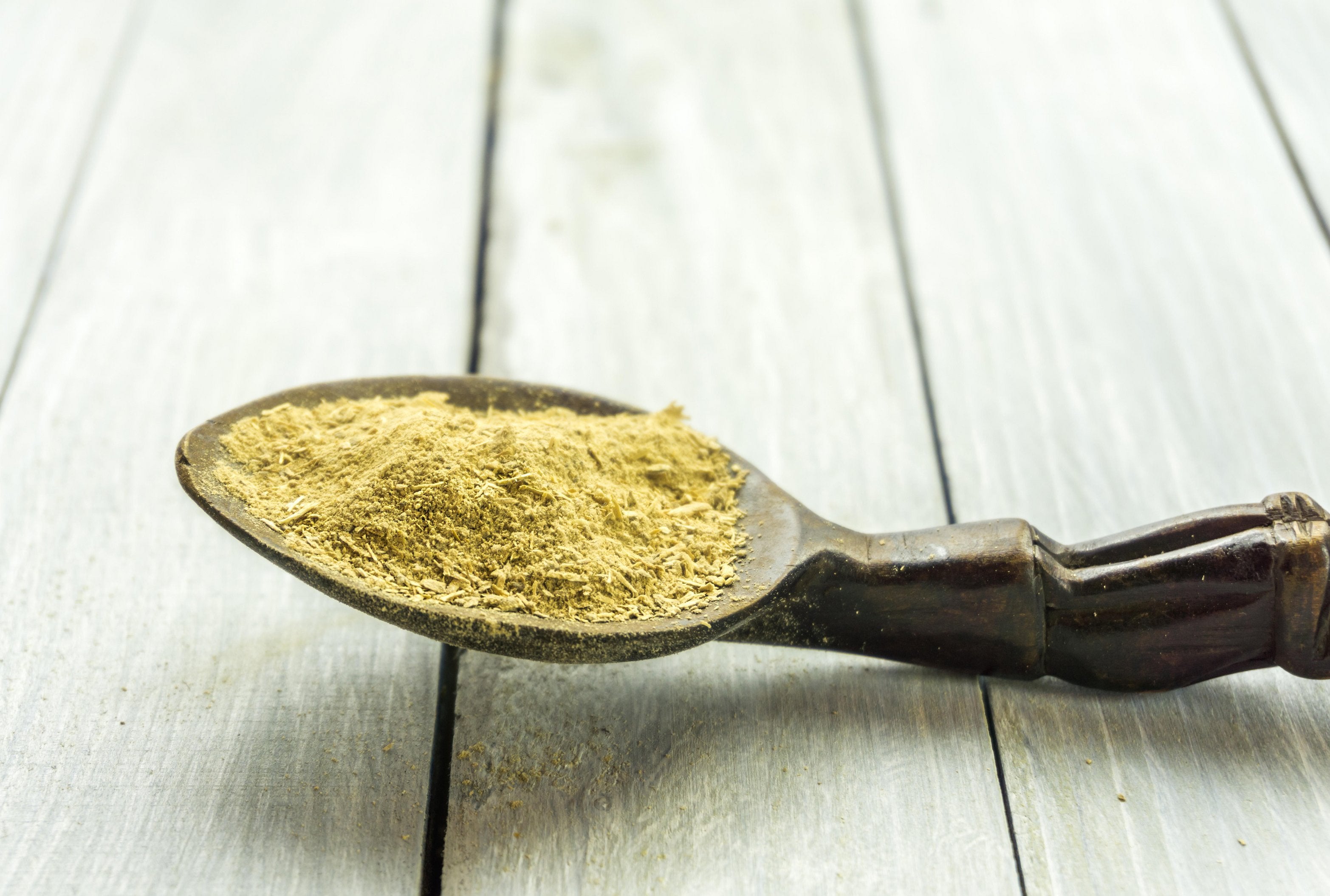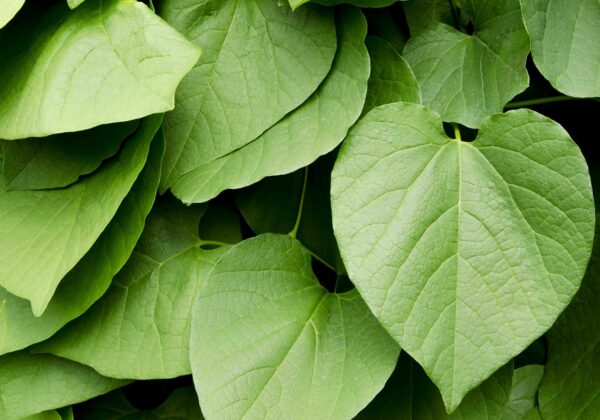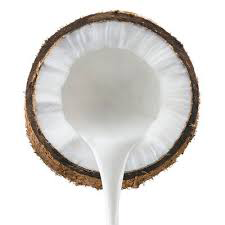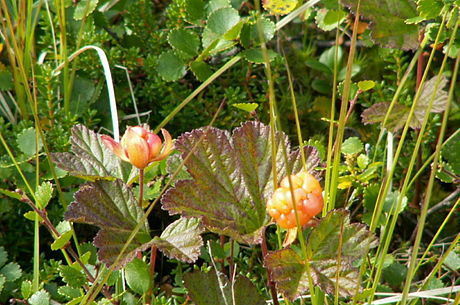-
Free from additives and fillers
-
Gluten Free
-
HPLC Lab tested
-
Non-GMO
-
Science backed
Scientifically Tailored Ingredients
Noble Vanuatu Kava Root (crushed)

Noble Vanuatu Kava Root (crushed)
100% Vanuatu-grown kava root
Noble Vanuatu Kava Root Extract (30% Kavalactones / <0.01% Flavokawains)

Noble Vanuatu Kava Root Extract (30% Kavalactones / <0.01% Flavokawains)
Our CO2 supercritical extracted Kavalactone concentrate, derived from Vanuatu-grown kava is standardized to ≥30+% Kavalactones, and has been verified to be produced solely from high-quality food grade roots, and has been independently tested for noble profile based on kavalactone chemotype. Special cultivars of the Kava plant have been propagated for ceremonial and social purposes across Polynesia over centuries dating back to prehistory, when the plant was first spread widely by the seafaring Lapita people to numerous far-flung islands of the Pacific Ocean. The root of the Kava plant continues to be used traditionally in Pacific Ocean cultures of Polynesia, including Hawaii, Vanuatu, Melanesia, and some parts of Micronesia - where the root of the plant is macerated to yield a milky water-based emulsion of its active ingredients (the kavalactones) and consumed as a ceremonial drink, imbuing its users with a combination of prosocial, sedative, analgesic, and energizing / euphoric inebriating properties. In modern times, Kava is now also consumed internationally beyond its original Pacific Ocean cultural use, both in its traditional beverage form, and as a dietary supplement for its mood-uplifting yet relaxing and stress-easing properties. There are six major kavalactones occurring in the roots of the Kava plant, along with many minor kavalactones. The primary kavalactones comprise Kavain, Methysticin, and their dihydro counterparts (DHK and DHM), and Yangonin and its desmethoxy counterpart (DMY). A noble variety Kava plant typically takes 3-5 years to reach maturity, at which point the whole Kava plant is often harvested and the desirable root segments are selected for sun drying. Aerial parts or improperly dried roots have lower concentrations of kavalactones and may also contain hepatotoxic compounds - thus careful harvesting and drying of the plant and selection of only the desirable root parts is required to produce a safe, high-quality Kava extract. Do not drive or operate heavy machinery if intoxicated on Kava. * Mood Booster * Stress Reduction * Pro-social Tonic * Cognitive Support
Organic Coconut Milk

Organic Coconut Milk
Coconut milk contains medium-chain triglycerides (MCTs), which may help with weight loss by increasing feelings of fullness and boosting metabolism. Coconut milk is cholesterol-free and contains healthy saturated fats that may help improve heart health. Coconut milk is a good source of calcium, which may help maintain strong bones. Coconut milk contains fiber, which may help with digestion. Coconut milk contains lauric acid, capric acid, and antimicrobial lipids, which may have antibacterial, antifungal, and antiviral properties.
Xylitol

Xylitol
Xylitol is a natural compound that can be found in a variety of plants, vegetables and fruits, including strawberries, raspberries, plums, mushrooms, cauliflower, birch bark, corn husks, rice, oat, wheat husks, birch and beechwood. Xylitol has wide-spread usage as a natural sweetener for culinary practices. Xylitol has a sweetness that is similar to regular sugar; but contains up to 40% less calories and is generally known to not have any of the harmful effects of sugar. - Healthy Circulatory System - Promotes Healthy Teeth - Strengthens Bones
Natural Cloudberry Flavors

Natural Cloudberry Flavors
Cloudberries are native to the arctic marshes of Scandinavia. Cloudberries are rich in ellagitannin and other antioxidants. Cloudberries contain vitamins A, C, and E, as well as polyphenols, which may help delay the breakdown of collagen and elastin. Cloudberries may have antibacterial and antiviral properties. Cloudberries may help boost the immune system.
Collapsible content
References
References








